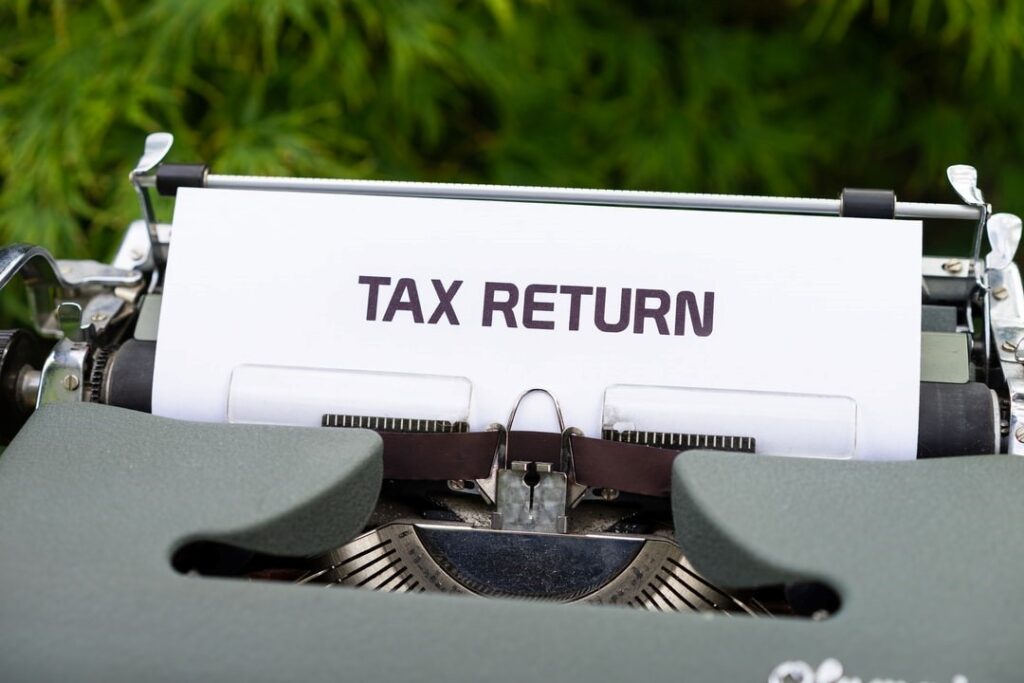Did you know that the preparation of your individual tax return can have a big impact on your refund? Preparation is key when it comes to maximizing your tax refund. By following these five best practices, you can make sure that your individual tax returns are as accurate and organized as possible.
What is A Individual Tax Return?
An individual tax return is a document that is filed by an individual to report their income, deductions, and credits.
A tax return is a document that a taxpayer files with the IRS to report their income, expenses, and other information related to their tax liabilities. An individual tax return preparation is the most common type of tax return filed by individuals. It includes information on all of the income and deductions that an individual earned during the year. An individual may also have to file a separate return if they are married, filing separately, and one spouse had income above the filing threshold for that year.
What is The Purpose of A Individual Tax Return?
The purpose of an individual tax return is to provide information about an individual’s income, deductions, and credits.
A tax return is a document that individual files with the IRS to report their income, deductions, and credits. The purpose of a tax return is to help the IRS collect taxes from the individual. A tax return can also serve as documentation for claiming various benefits and credits.

What are The Steps That Are Taken When Preparing An Individual Tax Return?
The steps that are taken when preparing an individual tax return include gathering all of the necessary information. This information includes an individual’s income, deductions, and credits.
The process of preparing an individual tax return can be a daunting task. There are many different forms to fill out and deadlines to meet. This article provides a brief overview of the steps that are involved in preparing an individual tax return.
First, you must gather all of the necessary information. This includes your income and expenses from the previous year, as well as any deductions or credits that you may be eligible for. Next, you will need to fill out the appropriate forms depending on your filing status. For example, if you are single, you will need to file Form 1040A; if you are married, filing jointly, you will file Form 1040; and if you are married filing separately, you will file Form 1040K. After completing the forms, it is important to attach all of the necessary documentation. This can include copies of your income statements and tax returns from previous years, as well as proof of any deductions or credits that you may be claiming. Finally, it is important to submit your return to the IRS on time so that your information can be processed and reviewed.
What Are The Benefits of Preparing An Individual Tax Return?
The benefits of preparing an individual tax return include accuracy, organization, and savings.
There are a number of benefits to preparing an individual tax return, even if you don’t have any tax liability. Preparing your own return can help you understand your income and deductions more clearly, and it can help you track your progress in paying taxes. Additionally, filing an individual tax return can improve your chances of receiving government benefits, such as refunds or credits. Finally, filing an individual tax return can give you a better understanding of your financial situation and how it has changed over time.
What Are The Limitations To The Use Of An Individual Tax Return?
There are some limitations to the use of individual tax returns. These limitations include the fact that it cannot be used to file a joint return or to claim any credits that are not specifically listed on the return.
Tips: 5 Tips For Making Your Individual Tax Return As Simple As Possible
- Gather all of the necessary information early in the year. This will help to reduce the amount of time that is needed to prepare the return.
- Use a simple and easy-to-use tax software program. This will make preparing the return much easier.
- Make sure that all of your deductions are accurate. This will help to maximize your refund.
- Scan and electronic file your returns. This will reduce the amount of time that is needed to prepare the return and the amount of paper that is needed.
- Use a professional return preparer if you need help with your return. This will ensure that the return is as accurate as possible.

